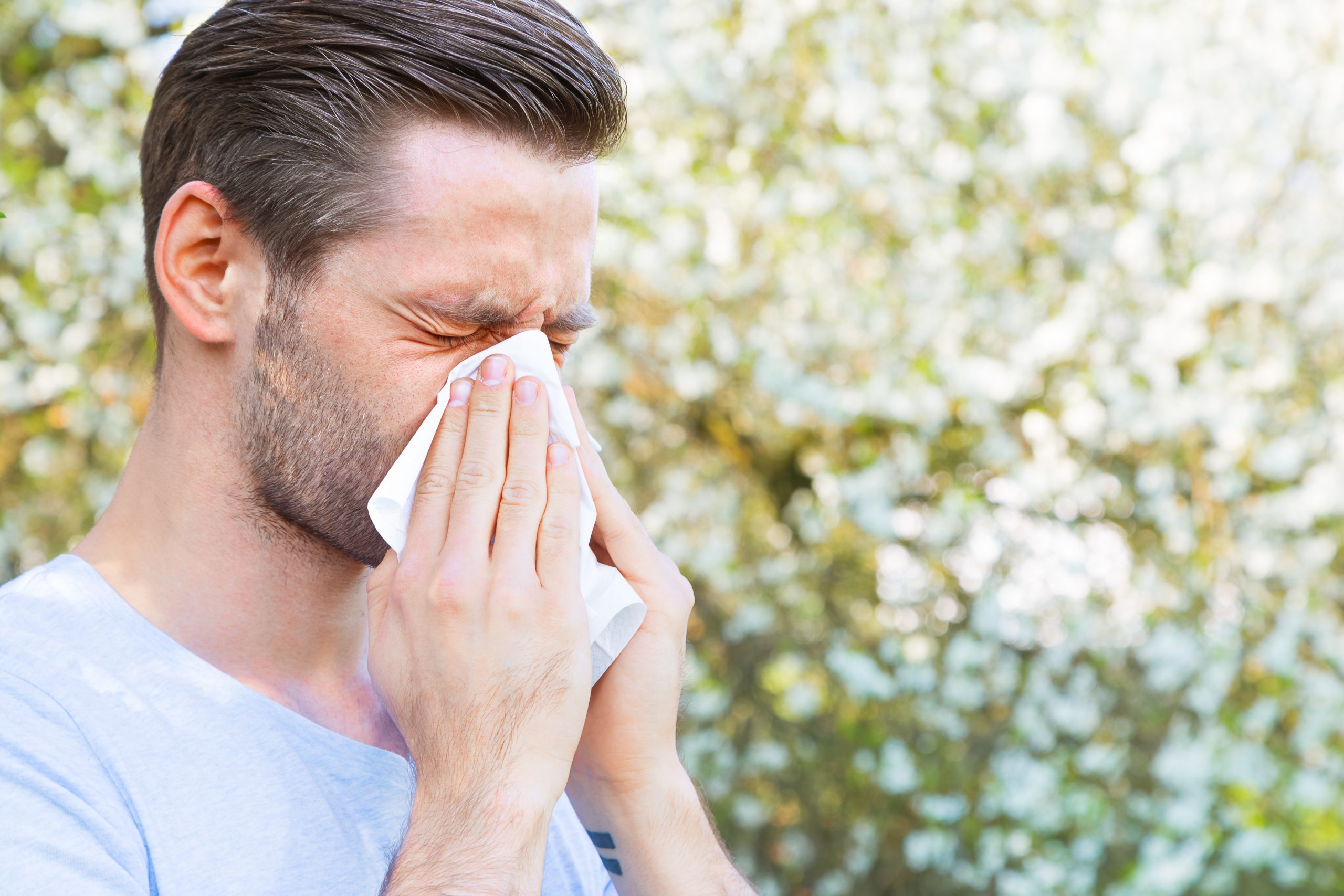Blog

What Are Seasonal Allergies
What is an allergy?
An allergy is the body’s overreaction to substances that do not cause a reaction in someone who is not allergic. These substances are called allergens. There are many different types of allergens including mold, animal dander, dust, certain foods, as well as pollen from trees, grass, and weeds. These allergens cause the release of histamine in susceptible individuals which leads to allergy symptoms.
What are seasonal allergies?
An allergic reaction to pollen or mold spores is a seasonal allergy. An allergy to pollen is sometimes called “hay fever.” Seasonal allergies will affect people at the time of year when certain pollens are at their highest levels. The most common times of year for seasonal allergies are in spring, summer, and fall.
Juniper allergy in New Mexico
Seasonal allergies are a common problem in many parts of the world and New Mexico is no exception. One of the most common seasonal allergies in New Mexico is the juniper allergy. Twenty to 30 percent of the population is allergic to juniper. Junipers are coniferous plants of the cypress family. Only the male juniper plants produce allergenic pollen. The female plants are fertilized by the male plants and produce berries but not allergies. In Santa Fe, New Mexico, juniper allergy seems to affect people starting in February and can last through March and into April. Other allergies common to the Santa Fe area include allergies to mulberry or pig weed, cedar and chamisa.
Symptoms of allergies
Allergy symptoms vary depending on the severity of your allergies. Common allergy symptoms include:
- sneezing
- coughing
- itching (especially the eyes, nose, mouth, throat, or skin)
- runny nose or post-nasal drip
- congestion (stuffy nose)
- headache
- pressure in the face (e.g. nose or cheeks)
- watery, red, or swollen eyes
- dark circles under the eyes
- sore throat
- feeling of ear fullness or ears popping
- hives
- difficulty smelling
Allergic reactions can also trigger an asthma attack in susceptible individuals. If you think you have allergies and your symptoms are interfering with your life, consider seeing a health care provider to discuss possible allergy medication and treatments.
What can be done to prevent or avoid allergies?
There are measures you can take to minimize or try to prevent exposure to things you are allergic to such as:
- Keeping windows closed during high-pollen seasons
- Wash hands after petting animals
- Using dust and mite-proof bedding and mattress covers
- Showering before bed to wash off allergens from hair or skin
- Regularly washing bedding and vacuuming your home
Allergy Treatments
There are several allergy medications that can be used to treat allergy symptoms. These include:
- Antihistamines help reduce sneezing, runny nose, and itching. These come in pill form as well as nasal sprays and some medications require a prescription.
- Decongestants, such as pseudoephedrine or phenylephrine relieve the stuffy nose of allergies. Decongestants come in pill form or as a nasal spray. Decongestant nasal sprays are available over the counter but should not be used for more than 3 days in a row as chronic use can cause rebound congestion that makes you even more congested after you stop using them. Using decongestants, particularly in pill form, can raise your blood pressure so you should ask your health care provider before using this type of medication.
- Nasal steroid sprays are one of the most effective treatments for seasonal allergies. They reduce the reaction in the nasal tissues to inhaled allergens. Some nasal steroids are now available over the counter. You will have to use the nasal spray for 1-2 weeks before getting the full benefit.
- Eye drops help improve symptoms of irritated, watery, itchy eyes. Some of these medicines are available over the counter and others require a prescription.
- Allergy shots (also called immunotherapy) are an option for people who try other treatments but continue to have bothersome allergy symptoms. These shots include small amounts of allergen so that your body gradually gets used to the allergen. Over time, your allergy symptoms become less severe.
- Complementary treatments such as acupuncture and Traditional Chinese Medicine help control some people’s allergies. They can be particularly helpful for certain symptoms of allergies such as nasal congestion and allergy headaches. If you are interested in acupuncture, come to Aspen Wellness!
At Aspen Medical Center, we provide consultations for allergies as well. We can prescribe allergy medications and if necessary, we can provide allergy specialist referrals. If you are suffering from allergies, come in and see us today!
—
Andrew Ropp, MD
